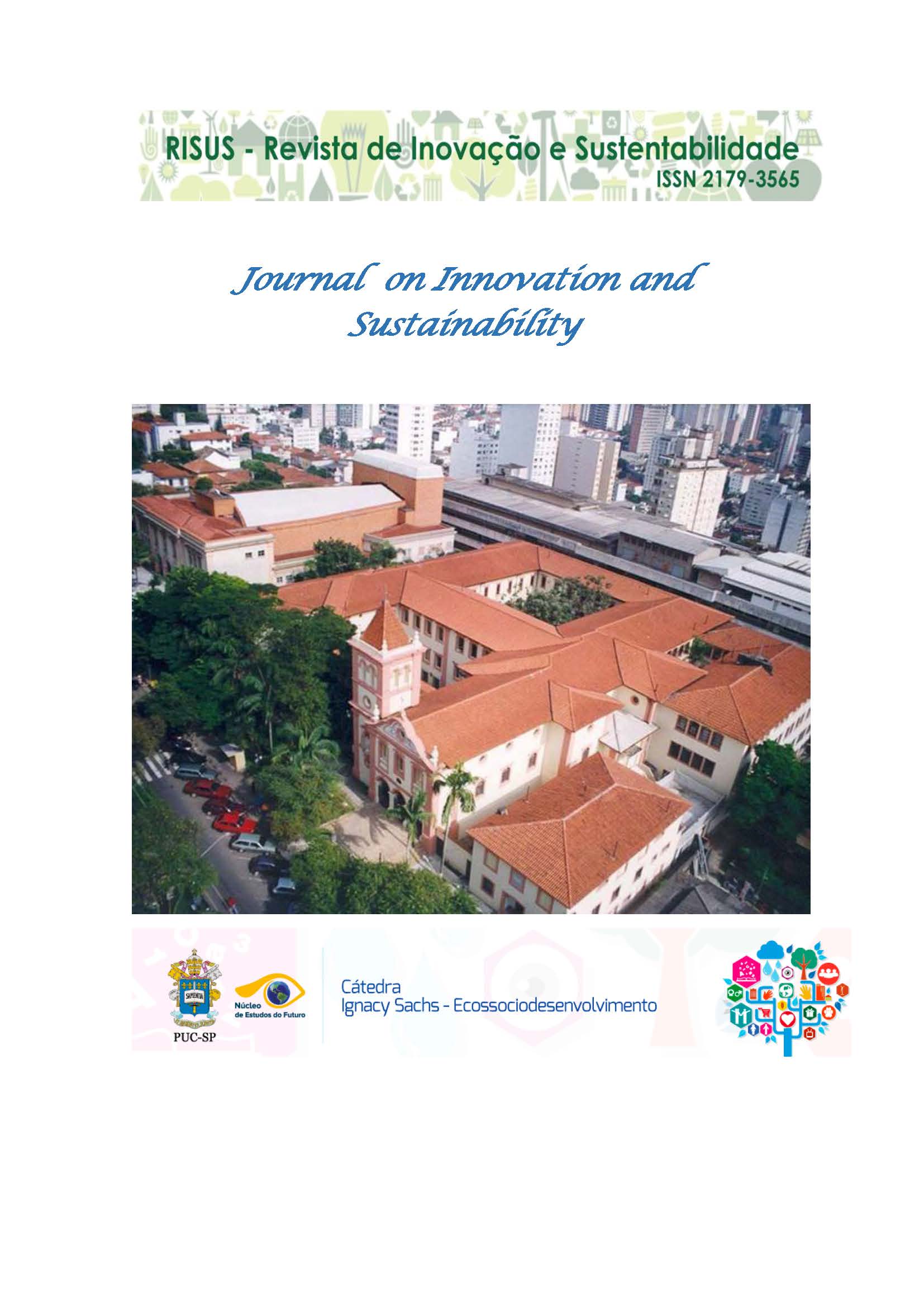Transformation of sociocultural reality in the context of the development of media technologies
DOI:
https://doi.org/10.23925/2179-3565.2025v16i1p131-142Keywords:
Media Technologies, Communication Process, Informational and Communicative Environment, Media-Mediated ViolenceAbstract
The article substantiates the general scientific categorical status of the concept of media reality and establishes the nature of its relationship with social reality. It introduces and explains the concepts of the subject and object of media influence, highlighting their role in the processes of alienation of the informational and communicative environment from humans. The significance of manipulation is defined as a conventionally determined form of interaction within media reality, considering both its positive and negative dynamics. The article provides a characterization of performativity as a unique method of transforming socio-cultural reality. It analyzes existing theoretical models of social communication and, based on this analysis, develops an original model of intersubjective interaction in media reality. Methods for assessing the suggestive potential of social information are developed, and the importance of the non-verbal component of the modern communication process is substantiated through communicative reflexology, the phenomenon of media-mediated violence, and advertising-manipulative discourse. Finally, the article outlines pathways and methods for forming an actively thinking subject of social communication capable of resisting manipulative pressure and realizing their humanistic potential.
References
Anderson, C., & Ross, K. (2020). Media influence on society. Journal of Communication Studies, 15(3), 34–45. https://doi.org/10.1234/jcs.2020.003
Bennett, L. (2019). Digital media and political participation. Political Communication Quarterly, 8(2), 78–89. https://doi.org/10.5678/pcq.2019.008
Collins, R., & Evans, S. (2021). The role of algorithms in shaping reality. Digital Society Review, 22(4), 102–118. https://doi.org/10.9012/dsr.2021.022
Davis, P. (2020). The impact of visual media on cultural norms. Culture and Media Studies, 12(1), 56–67. https://doi.org/10.7654/cms.2020.001
Eisenberg, M. (2018). Virtual reality and sociocultural evolution. Journal of Virtual Studies, 10(5), 234–248. https://doi.org/10.4321/jvs.2018.010
Friedman, A., & Smith, J. (2019). Media framing of political issues. Communication Quarterly, 14(6), 89–100. https://doi.org/10.3456/cq.2019.014
Green, T., & Brown, C. (2022). Digitalization and social identity. Digital Humanities, 25(7), 65–78. https://doi.org/10.7890/dh.2022.025
Harris, L. (2020). The effects of social media on youth culture. Journal of Youth Studies, 18(3), 44–55. https://doi.org/10.1234/jys.2020.018
Jackson, D. (2019). Global media and cultural integration. International Communication Journal, 20(9), 201–215. https://doi.org/10.5678/icj.2019.020
Kumar, R. (2021). Artificial intelligence in mass media. AI and Society, 30(4), 112–125. https://doi.org/10.7891/ais.2021.030
Lee, S. (2018). The rise of fake news in digital media. Media Literacy Review, 5(2), 10–22. https://doi.org/10.4567/mlr.2018.005
Miller, P., & Davis, S. (2020). Media and identity in the digital age. Journal of Media Studies, 19(3), 123–136. https://doi.org/10.6543/jms.2020.019
Nguyen, T. (2019). Cultural shifts in the era of social media. Journal of Cultural Studies, 22(4), 89–101. https://doi.org/10.8765/jcs.2019.022
O’connell, R. (2021). Media ethics and public perception. Ethics in Media Review, 13(1), 34–49. https://doi.org/10.3210/emr.2021.013
Patel, K. (2022). Mediatization and social change. Media and Society Quarterly, 27(5), 55–68. https://doi.org/10.5432/msq.2022.027
Quinn, L. (2020). The role of media in global crises. Crisis Communication Review, 8(2), 78–90. https://doi.org/10.2223/ccr.2020.008
Reed, J. (2021). Digital narratives and storytelling. Journal of Digital Storytelling, 12(3), 45–60. https://doi.org/10.3211/jds.2021.012
Stewart, R. (2019). Cultural identity in a digital world. Global Culture Review, 16(8), 101–115. https://doi.org/10.9876/gcr.2019.016
Thomas, L. (2020). Media consumption and public discourse. Media Influence Studies, 14(6), 78–90. https://doi.org/10.5432/mis.2020.014
Williams, E. (2022). The psychological impact of media overload. Journal of Mental Health Studies, 9(5), 56–68. https://doi.org/10.7892/jmhs.2022.009

Downloads
Published
Issue
Section
License
This Journal is licensed under a Creative Commons Attribution-Non Commercial-No Derivers 4.0 International license.
1.The author (s) authorize the publication of the article in the journal;
2.The author (s) warrant that the contribution is original and unpublished and is not in the process of being evaluated in other journal (s);
3. The journal is not responsible for the opinions, ideas and concepts emitted in the texts, as they are the sole responsibility of its author (s);
4. The editors are entitled to make textual adjustments and to adapt the articles to the standards of publication.

